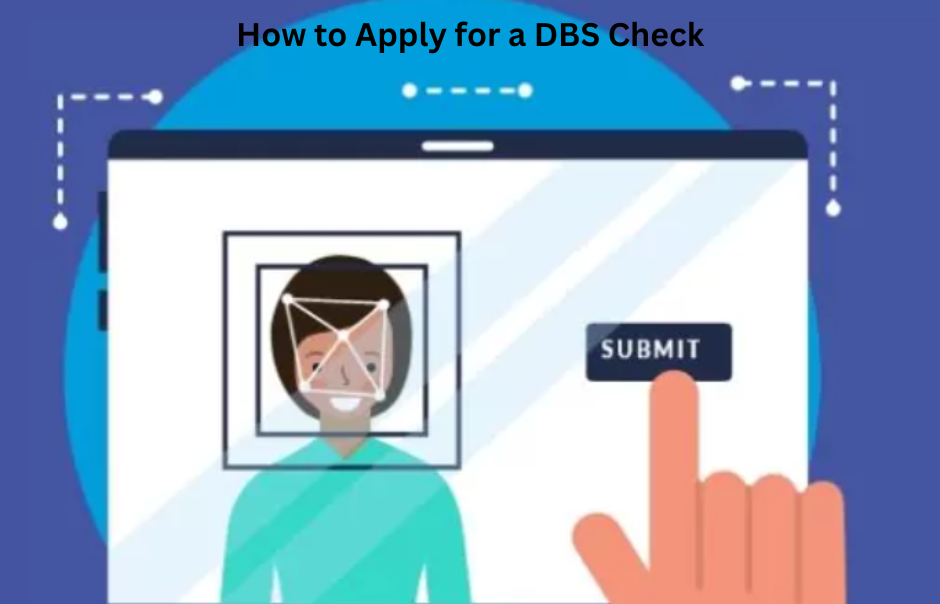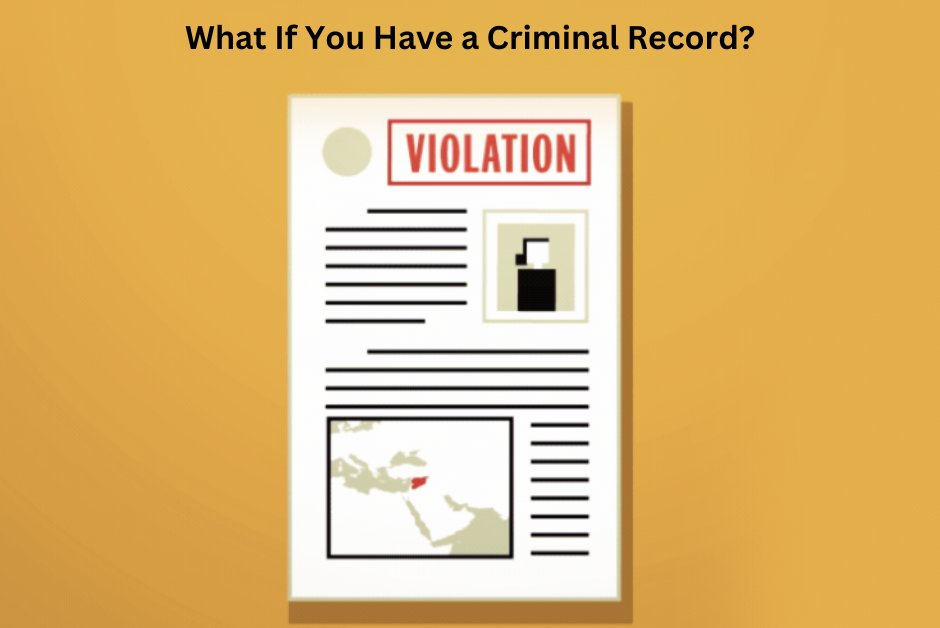If you’re pursuing a healthcare career, you’ve probably heard about DBS checks — but what exactly are they, and why are they important? Here’s a straightforward guide to DBS checks for healthcare workers, including why they matter, how to apply, and what to expect.
1. What is a DBS Check?

A DBS check (Disclosure and Barring Service check) is a background check that reveals any criminal record or legal issues that could affect your ability to work with vulnerable people. Healthcare workers must undergo DBS checks because they often work with vulnerable patients.
2. Why Are DBS Checks Important in Healthcare?

DBS checks help employers ensure that healthcare workers are trustworthy and safe to work with patients.
✅ Protects Patients – Prevents exposure to harm.
✅ Builds Trust – Reassures patients and their families.
✅ Legal Requirement – Many healthcare roles require a DBS check before you can start working.
3. Types of DBS Checks for Healthcare Workers

- Basic DBS Check
- Shows unspent convictions and cautions.
- Suitable for non-patient-facing roles like admin staff.
- Standard DBS Check
- Shows spent and unspent convictions, cautions, and warnings.
- Suitable for roles with some patient contact.
- Enhanced DBS Check
- Includes everything in the standard check, plus relevant local police information.
- Suitable for roles involving direct patient care.
4. How to Apply for a DBS Check

Most employers handle the process, but you can apply yourself:
- Check What Type of DBS You Need
Your employer will tell you which level is required.
- Complete the Application
- Apply online through Gov.uk.
- Provide personal details and address history (last five years).
- Provide Identification
Submit documents like a passport, driving license, and proof of address.
- Pay the Fee
- Basic check – £18
- Standard check – £18
- Enhanced check – £38
- Wait for Results
Processing usually takes 2–4 weeks. You’ll receive a certificate when complete.
5. How Long Is a DBS Check Valid For?

DBS checks don’t have an official expiration date, but most employers request a new one every 1–3 years.
6. What If You Have a Criminal Record?

A criminal record doesn’t automatically mean you can’t work in healthcare. Employers will consider:
- The nature of the offence
- How long ago it happened
- Whether it’s relevant to the role
Be honest — many employers assess applications case by case.
Tips to Speed Up the Process
💡 Apply Early – Start as soon as you get a job offer.
💡 Double-Check Your Information – Avoid delays caused by mistakes.
💡 Keep a Copy of Your Certificate – You might need it for future roles.
Final Thoughts
DBS checks are essential in healthcare to protect patients and maintain trust. Understanding the process helps you navigate it smoothly and secure your healthcare role with confidence.
